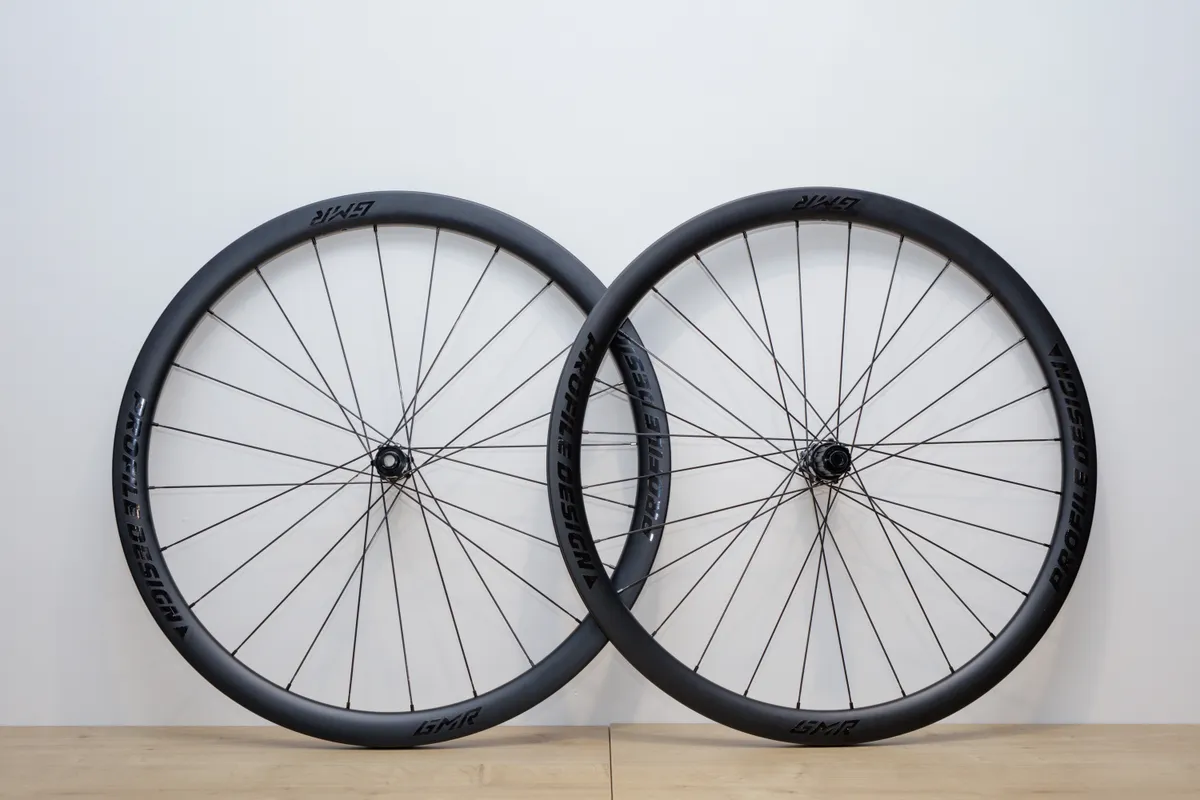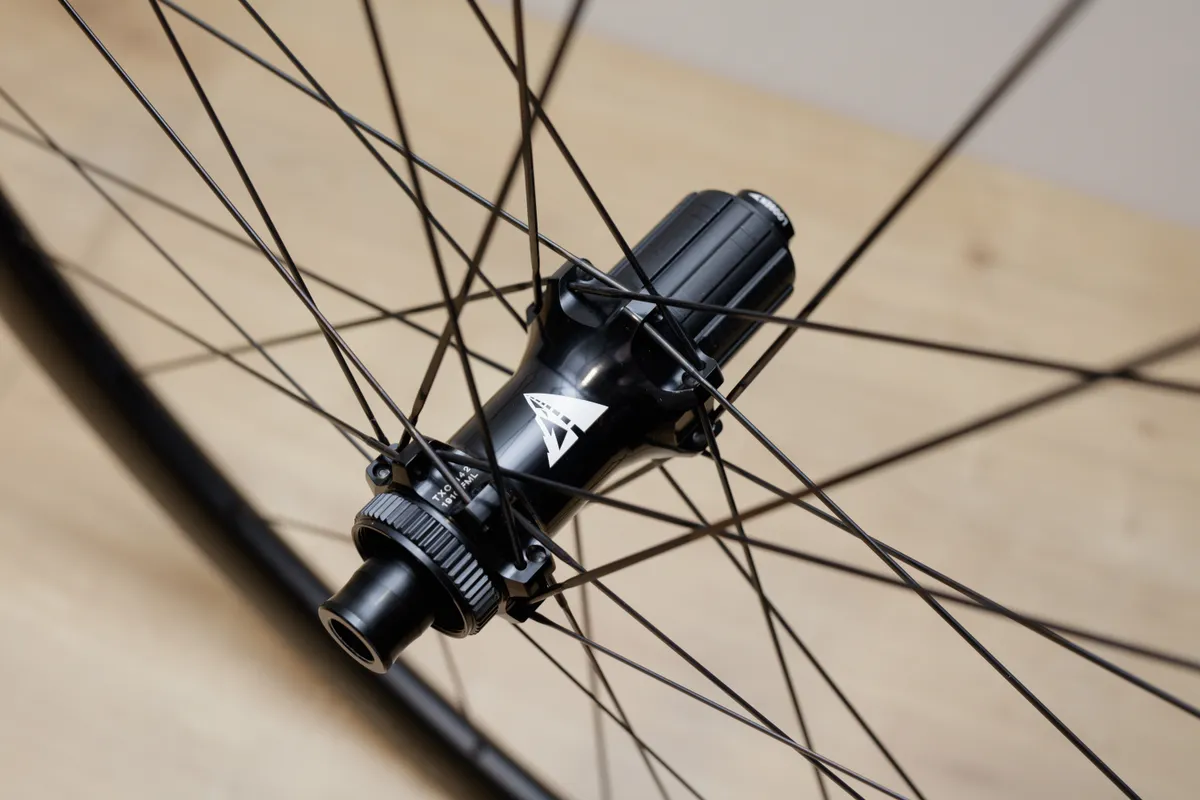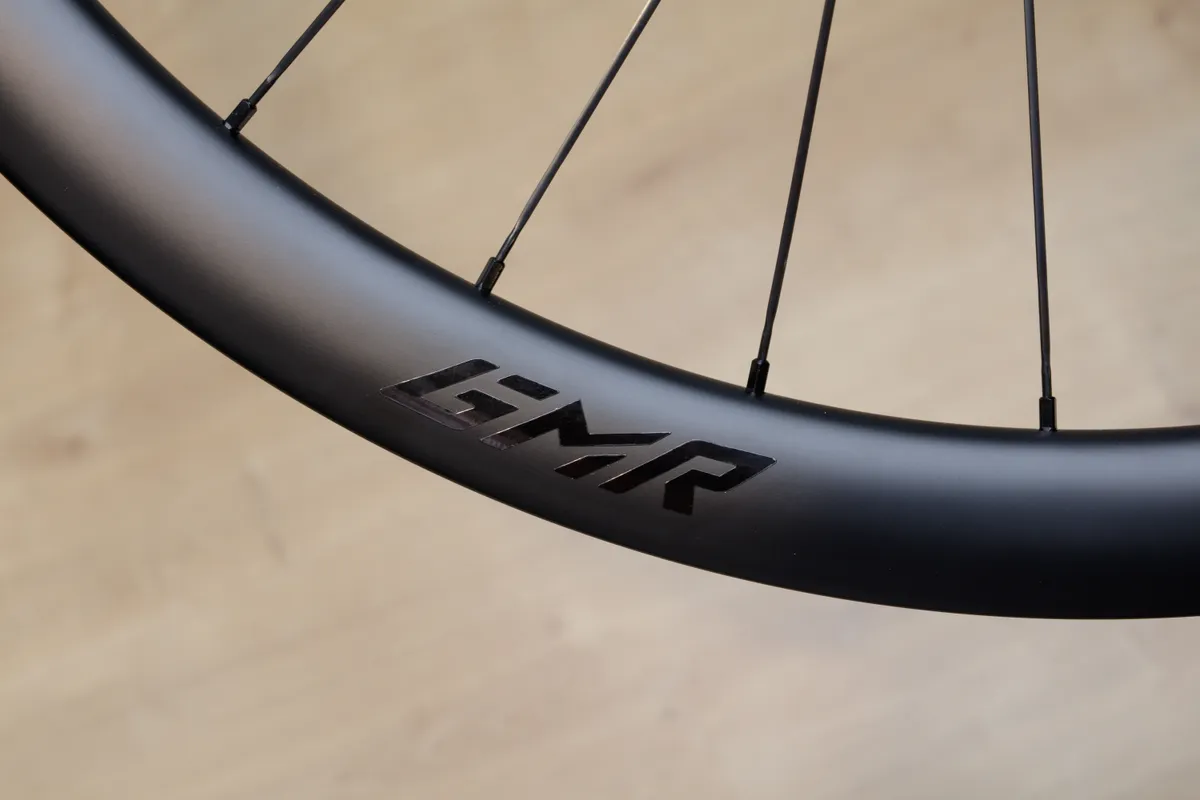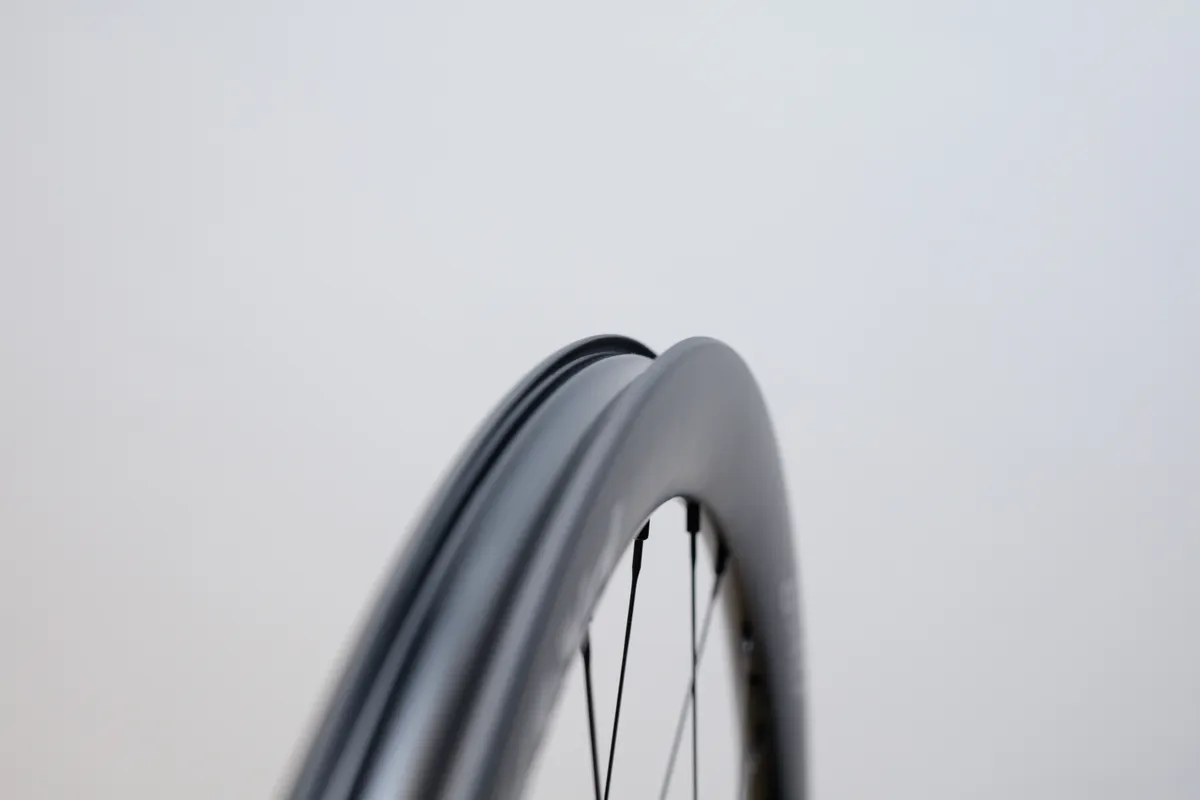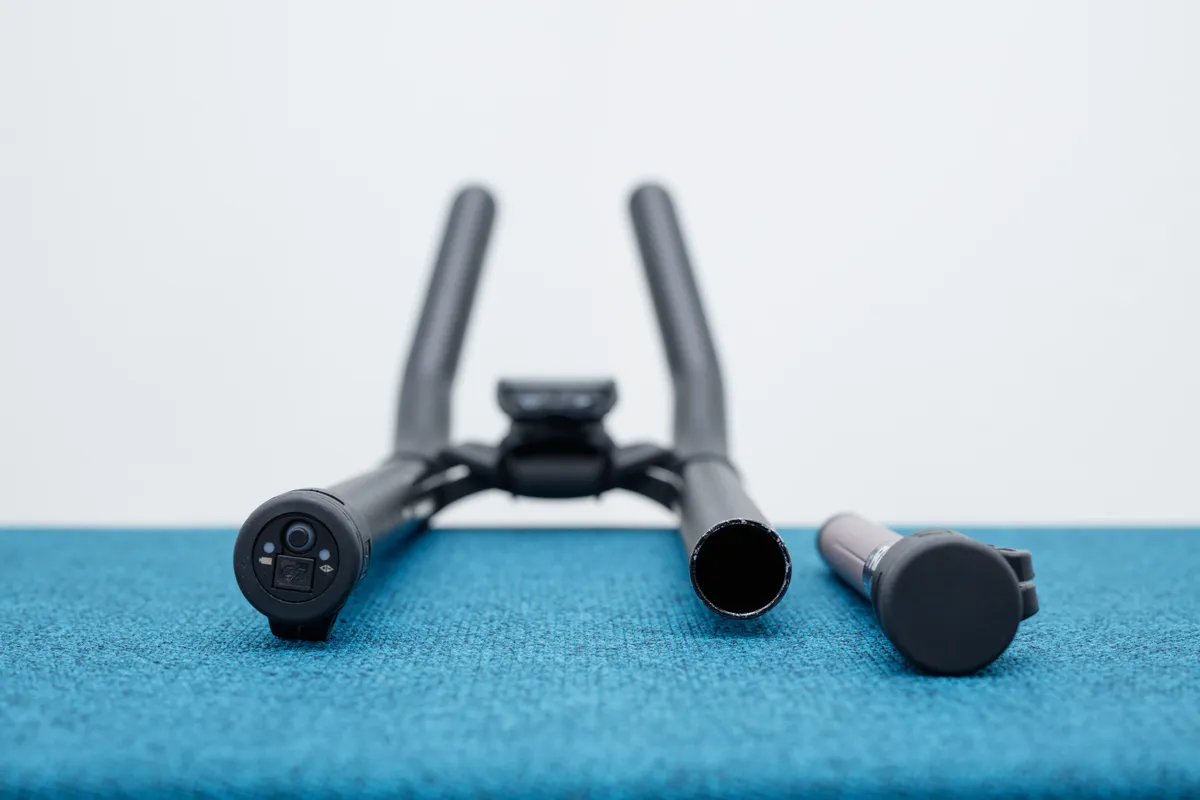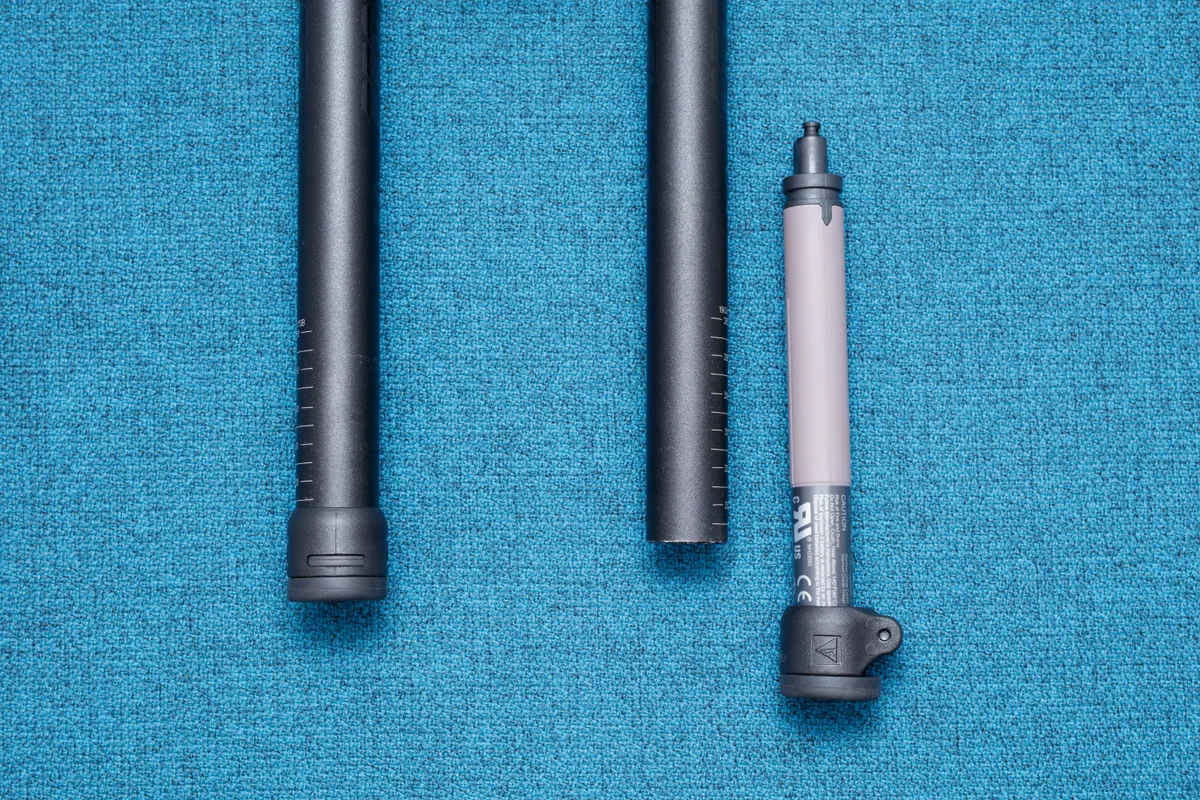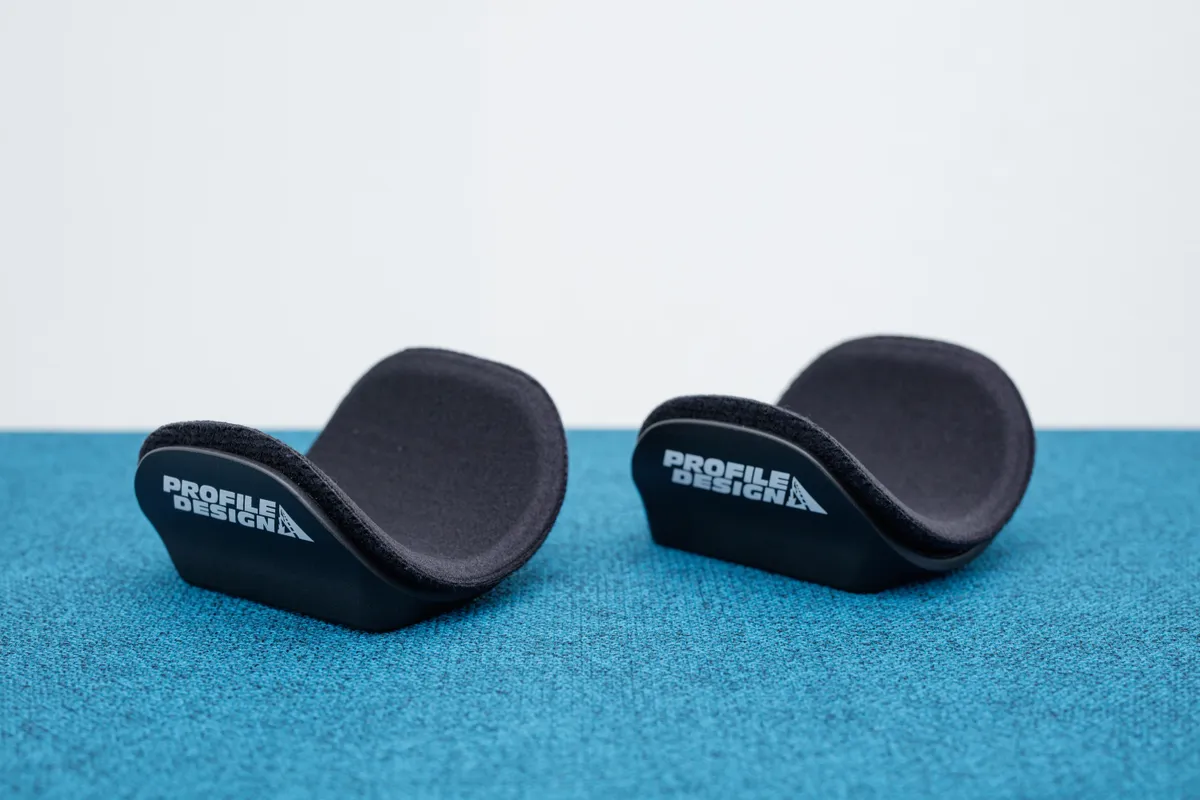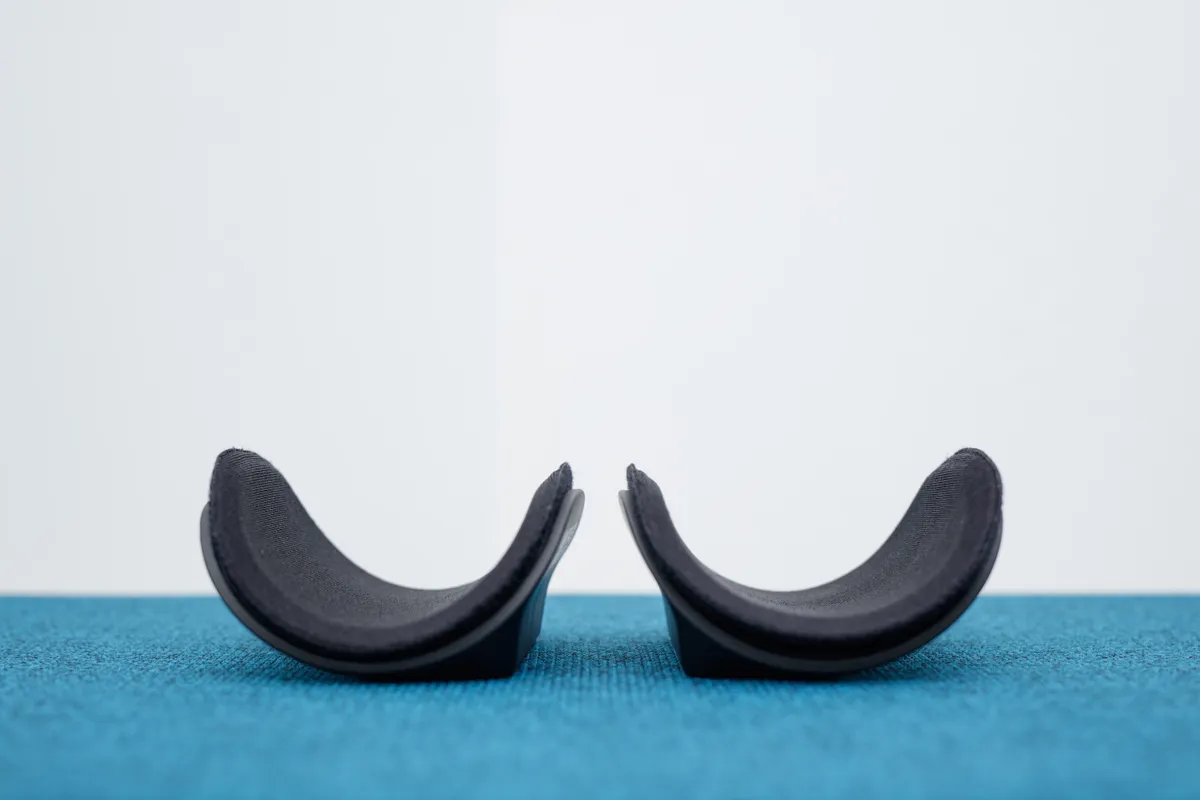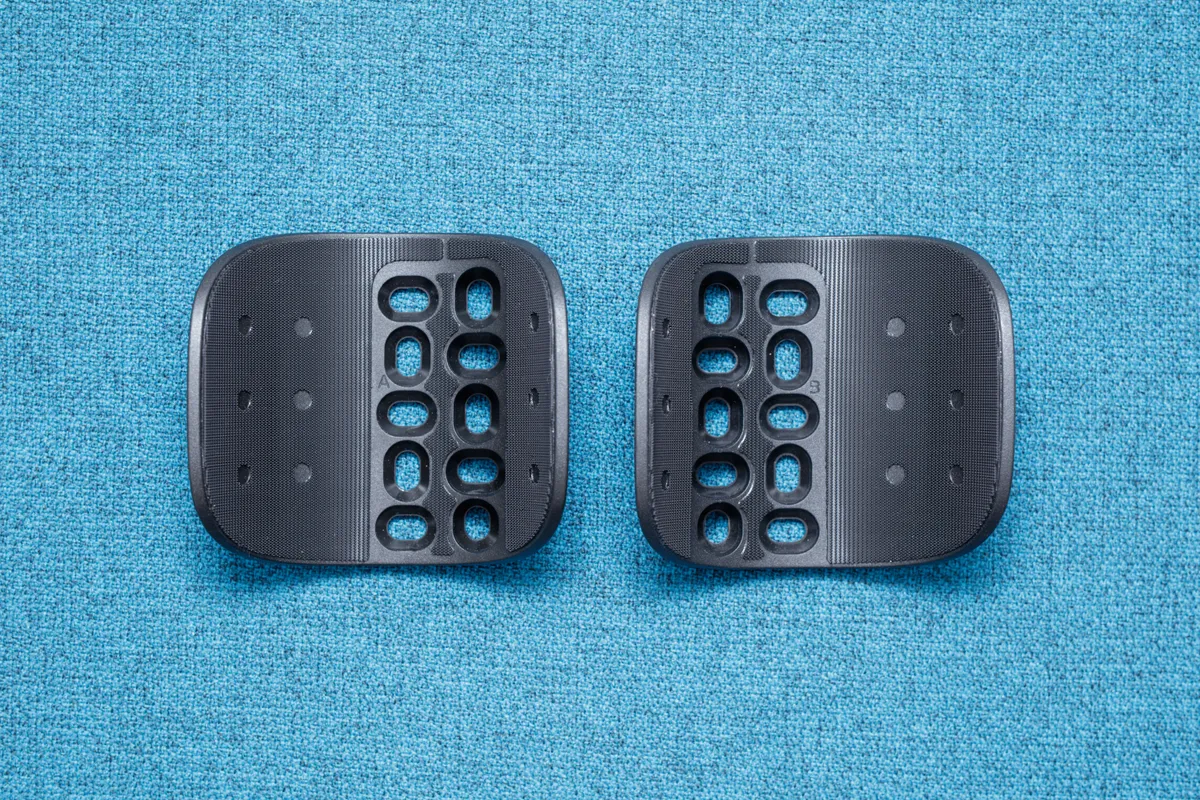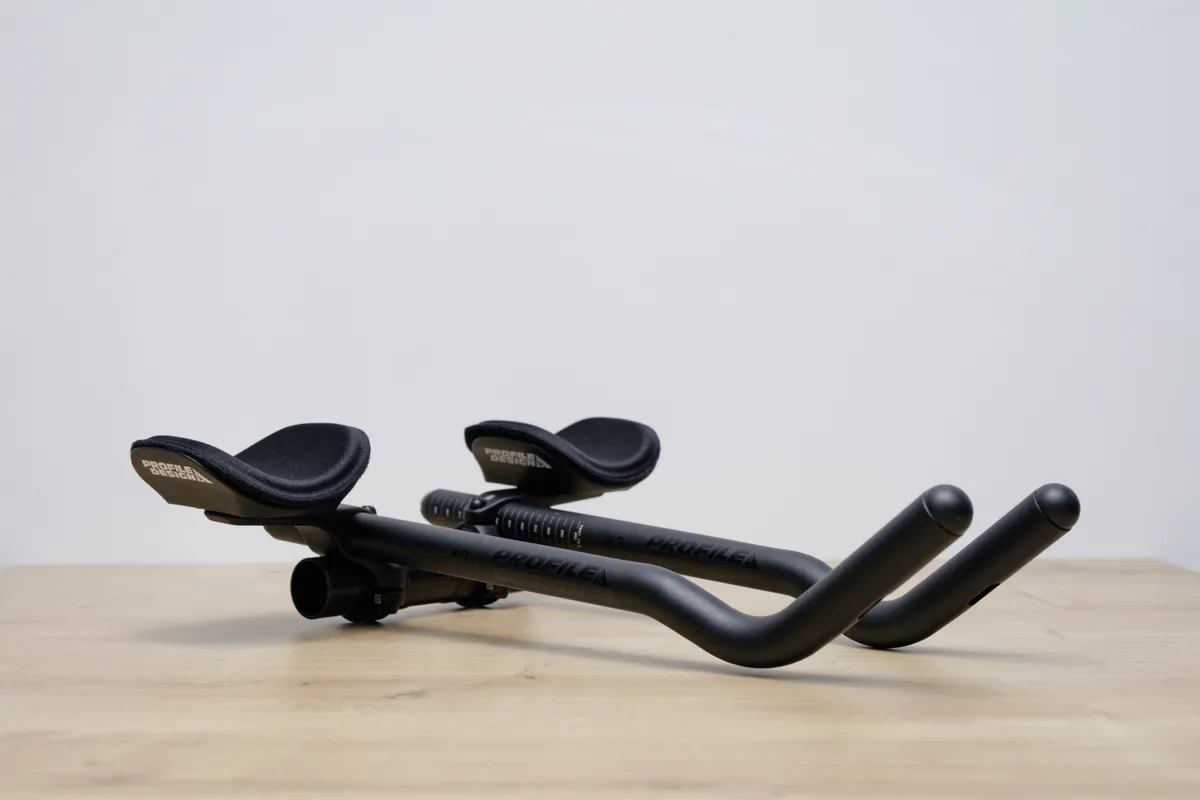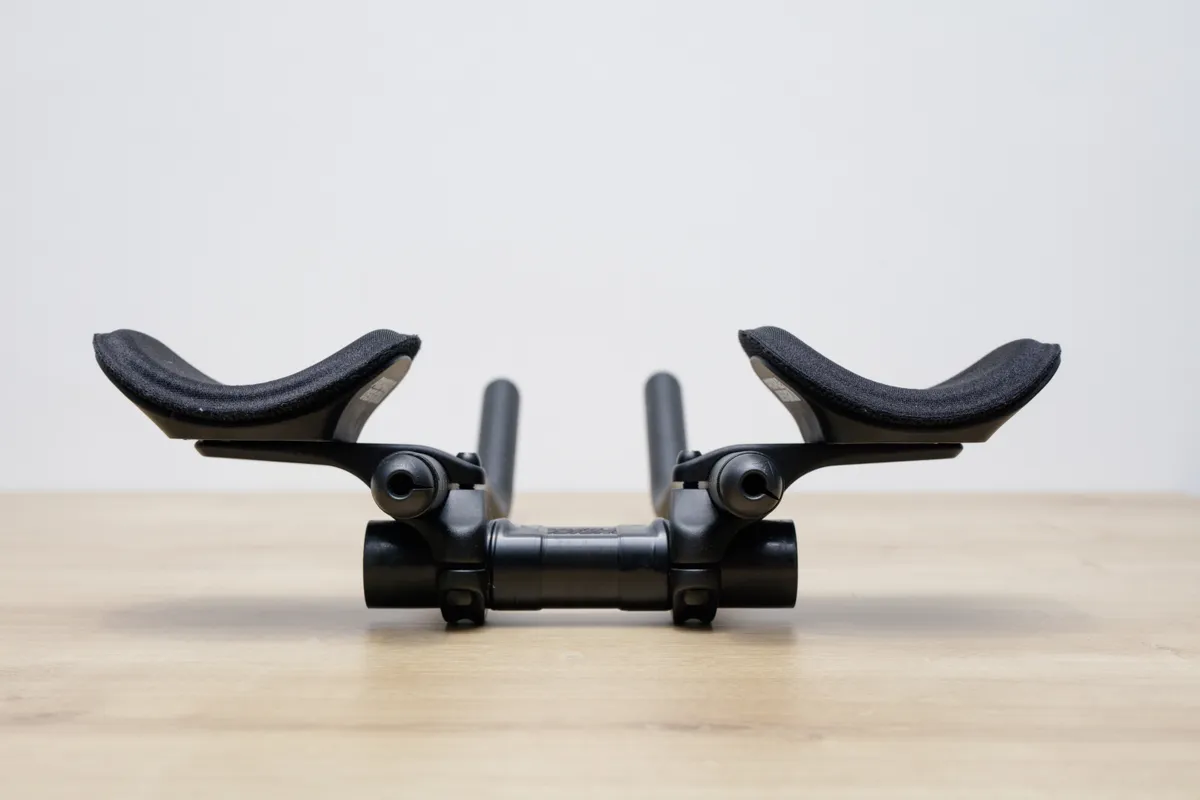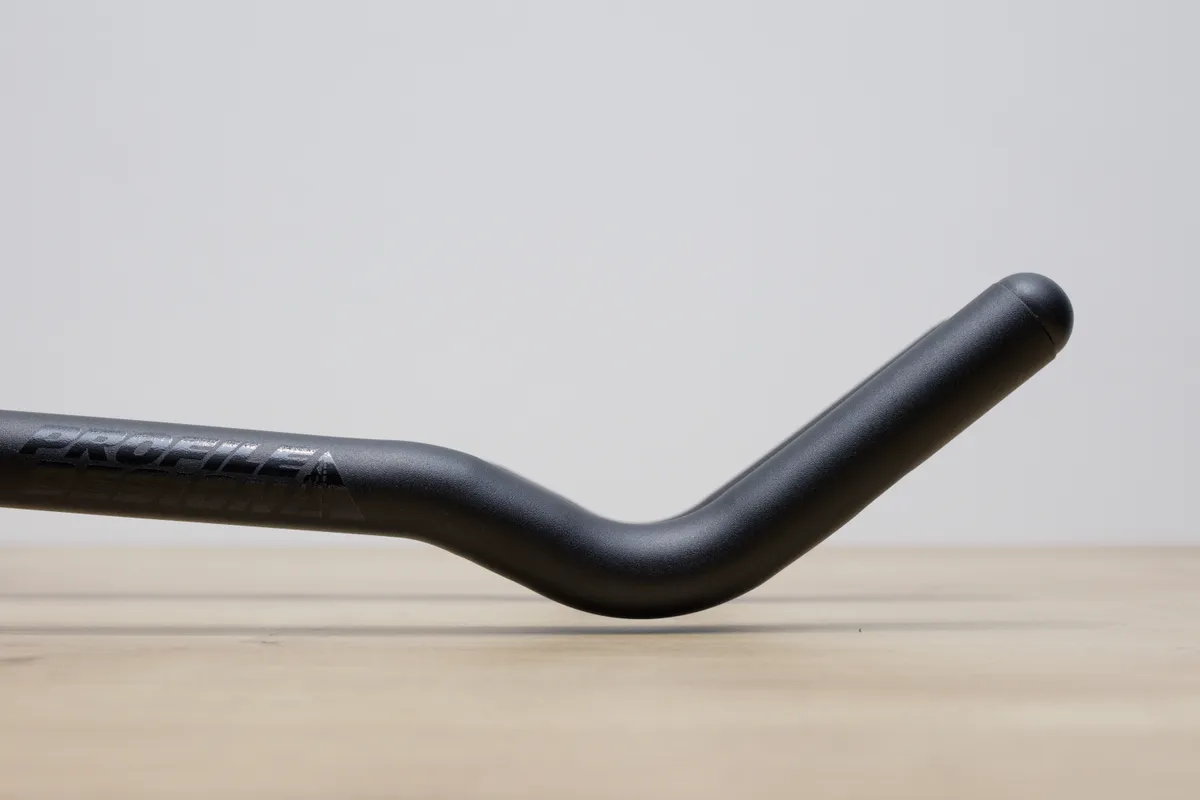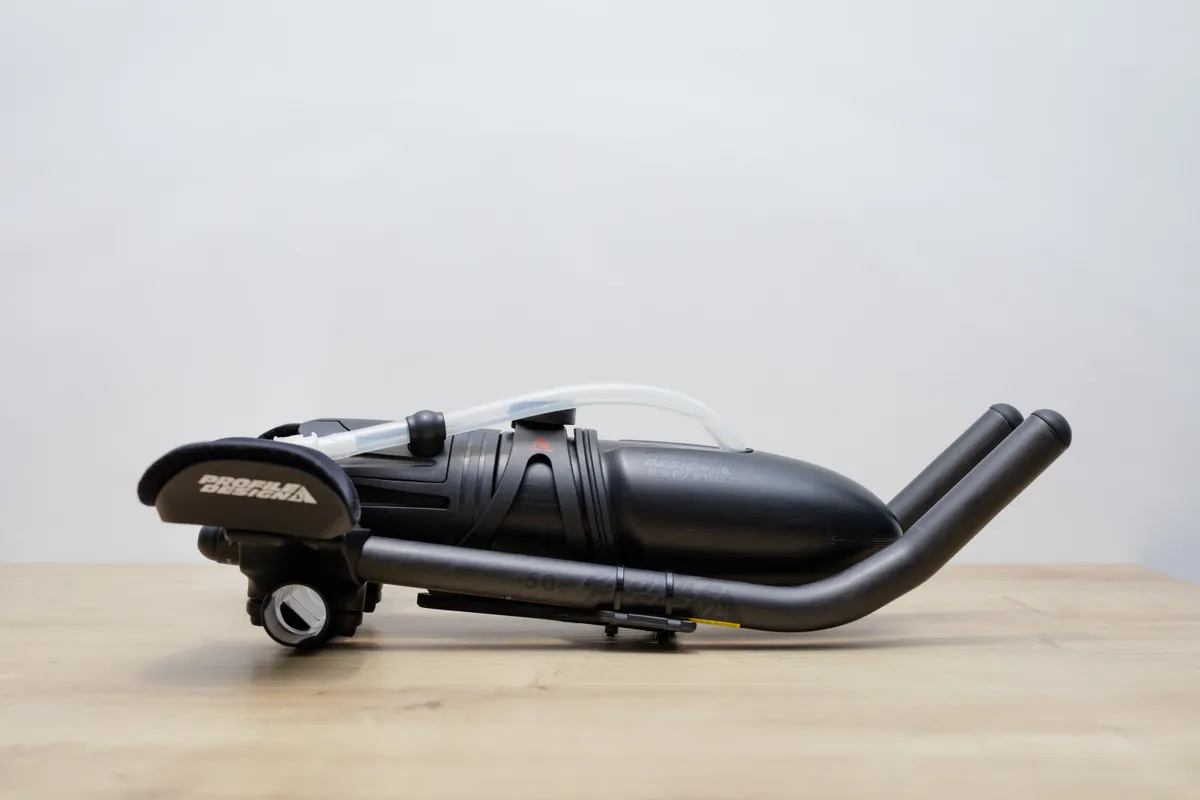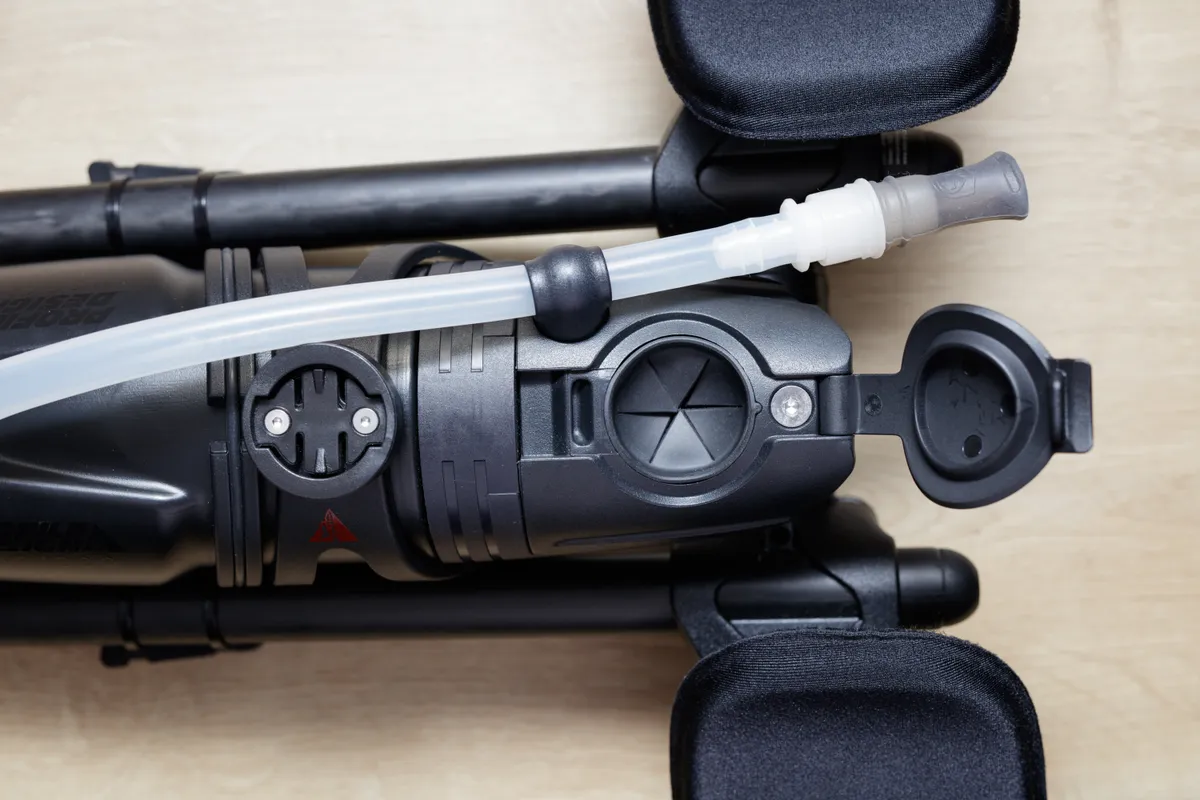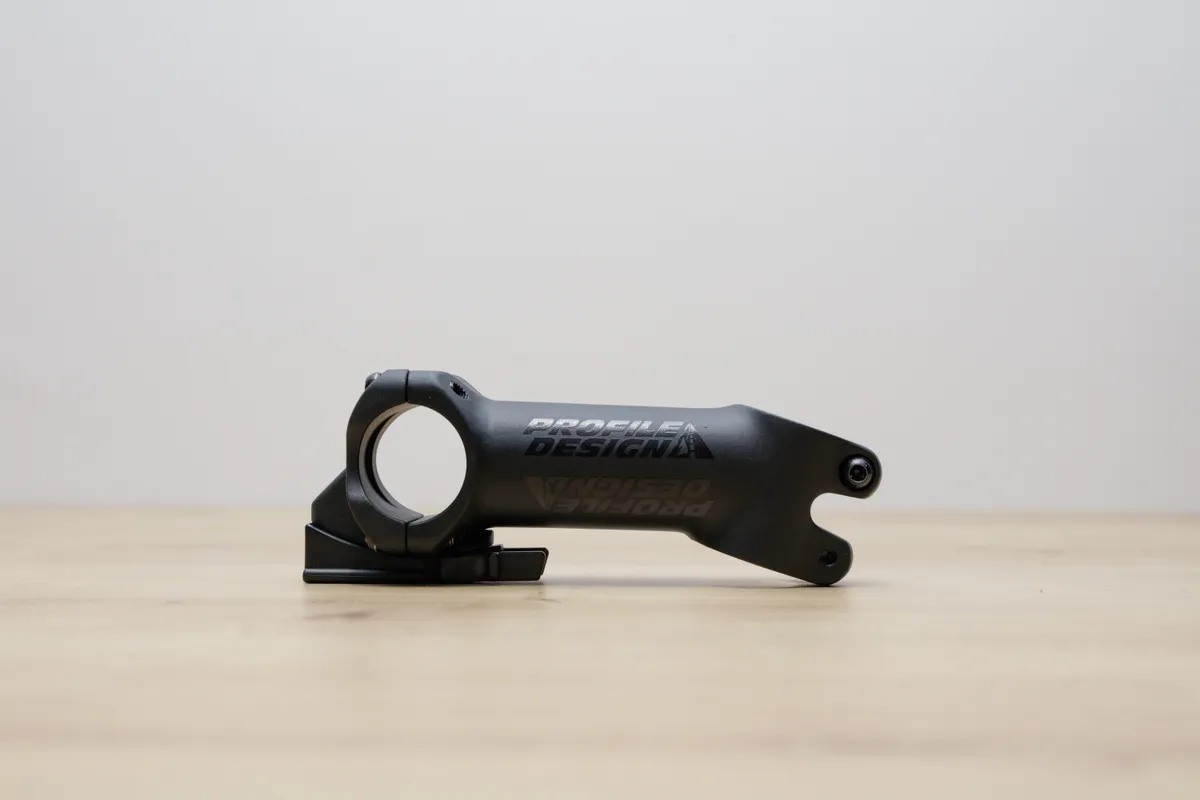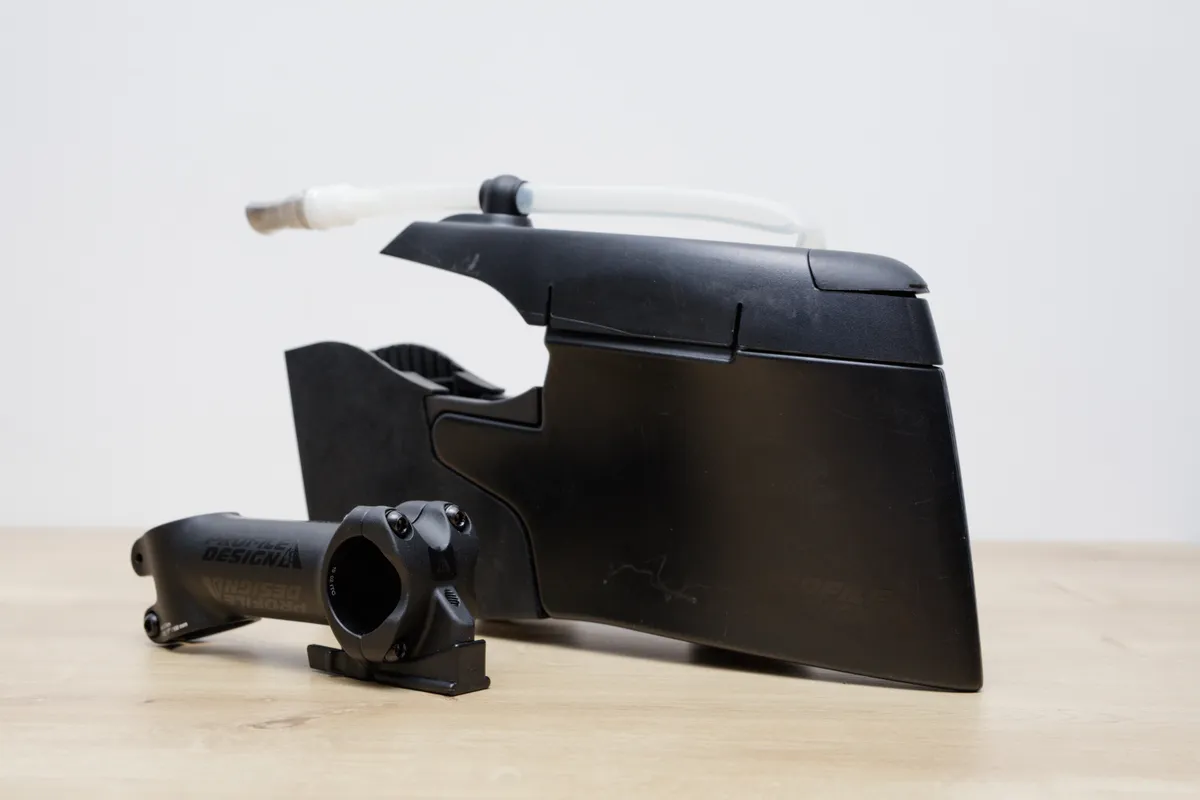Profile Design has announced the latest updates to its 2020 product range, which includes three new sets of tubeless-ready, carbon disc-brake wheels and a host of components designed for time trial and triathlon use.
Available in early 2020, Profile Design says that prices may vary internationally because they are set locally.
Profile Design 2020 updates
- GMR Twenty Six carbon wheels: from £1,399.99
- Aeroport Di2 RS910 adaptor: £34.99
- Race armrests: £39.99
- Aerobar wrap: £19.99
- RMP saddle mounted bottle carrier: £69.99
- Sonic/Ergo/43A aerobars: £119.99
- HSF/800+ BTA bottle: £89.99
- 1/Seventeen HSF stem cap: £19.99
GMR carbon wheels
Inspired by the Glendora Mountain Road, a 10.6km climb in California, USA, there are three different sets in the range, which Profile Design says are “strong, light and responsive”:
- GMR 38 Twenty Six wheels – rim (1348g) or disc brake (1,524g): £1,399.99
- GMR 50 Twenty Six wheels – rim (1541g) or disc brake (1,587g): £1,499.99
- GMR 50/65 Twenty Six wheels – rim (1611g) or disc brake (1,675g): £1,549.99
Hand-built using Sapim CX-Ray spokes and Sapim Polyax spoke nipples, all three wheelsets are built around a proprietary hub that Profile Design says is precision machined and uses “sealed cartridge bearings and an extra stiff hub shell design”.
Profile Design also says that all of the wheels share 19mm internal and 26mm external rim widths, which should give a reasonably well-rounded tyre profile for better rolling resistance and grip.
Available in either rim or disc brake form, with claimed weights for the rim brake models being slightly lower, all models are tubeless ready.
Aeroport Di2 RS910 adaptor
As many people will sadly know, cable routing on time-trial and triathlon bikes can be a nightmare – even with Di2. With that in mind, Profile Design has come up with a very neat way of integrating the Di2 battery and RS910 junction box into the end of a 22.2mm tri-bar extension.
The idea is that it not only tidies up cable routing, by eliminating the need for a junction box strapped under the stem or somehow integrated into the frame or stem, but also makes the junction box controls more easily accessible for shifting adjustments and charging.
Race armrests
Deep sided time-trial/triathlon armrests have become a solid niche in recent years, as riders look for a secure, narrow position. Most options on the market are pretty expensive though (usually because they’re made out of carbon fibre), so Profile Design has come up with a set of deep armrests made from a mix of injected nylon and glass fibre to complement its range of aerobars.
Profile Design says that the offset bolt pattern offers a total of 32 different fit configurations, in increments of 7.5mm or 9.25mm, thanks to the fact that they can be moved backwards and forwards, rotated 180 degrees, or swapped from side to side. There’s also a choice of 5mm or 10mm padding to help suit different sized arms.
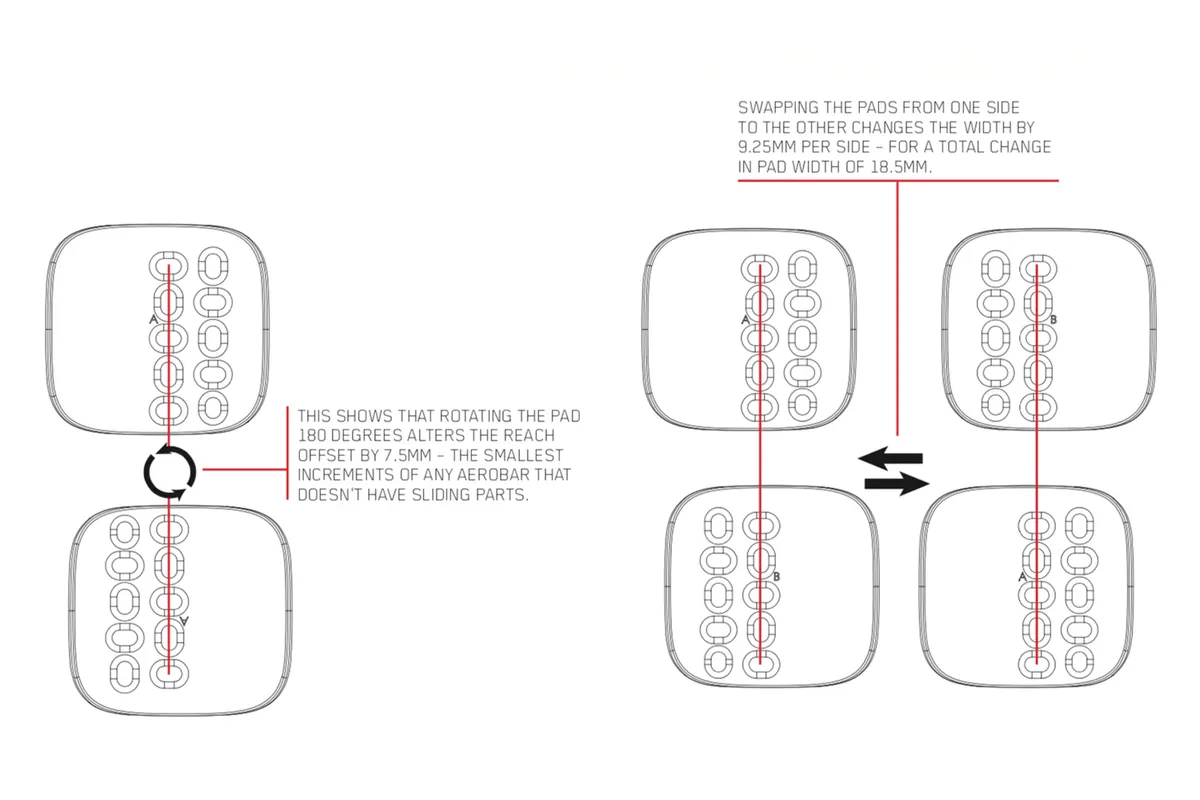
Aerobar Wrap
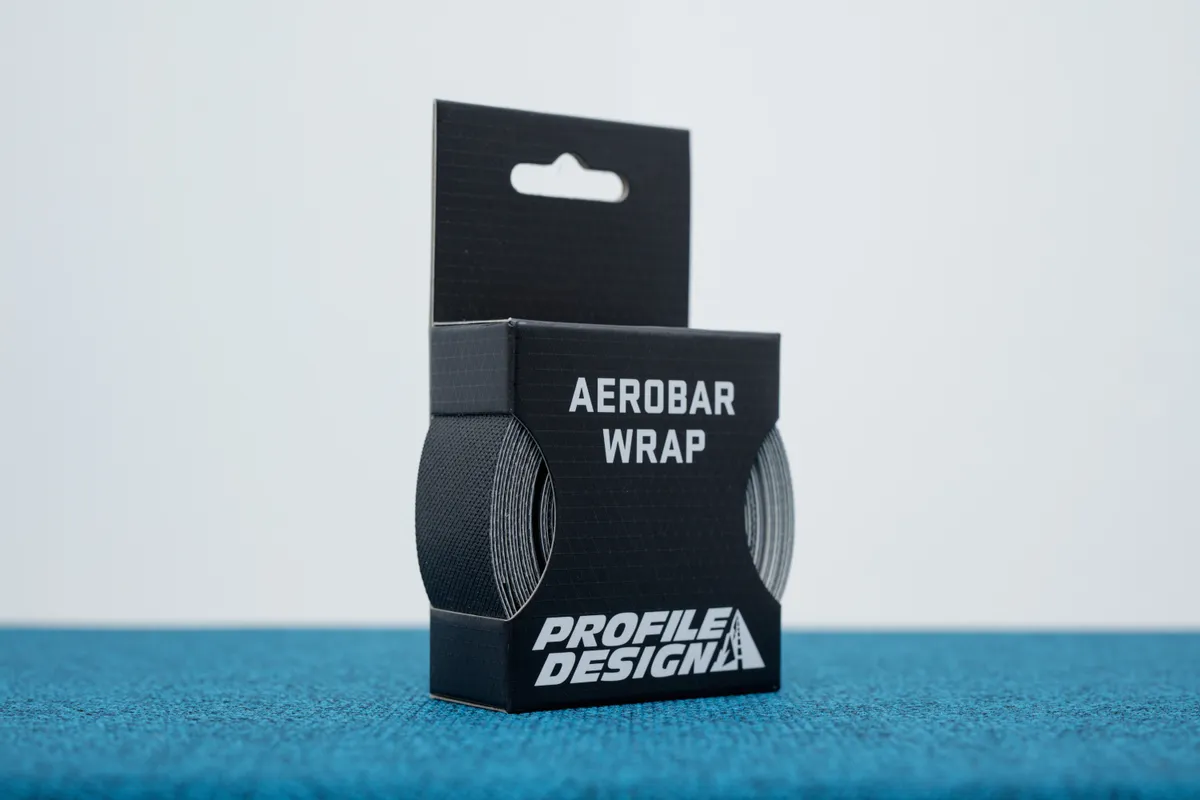
Intended to be an alternative to the grip tape that’s become quite popular on aerobars, the new Aerobar Wrap is much thinner than standard bar tape (which can add a small amount of drag to an aerobar system).
It also has a cross-hatch style texture that Profile Design says helps with bar grip when hands are sweaty or wet, especially if when not wearing gloves.
RMP saddle mounted bottle carrier
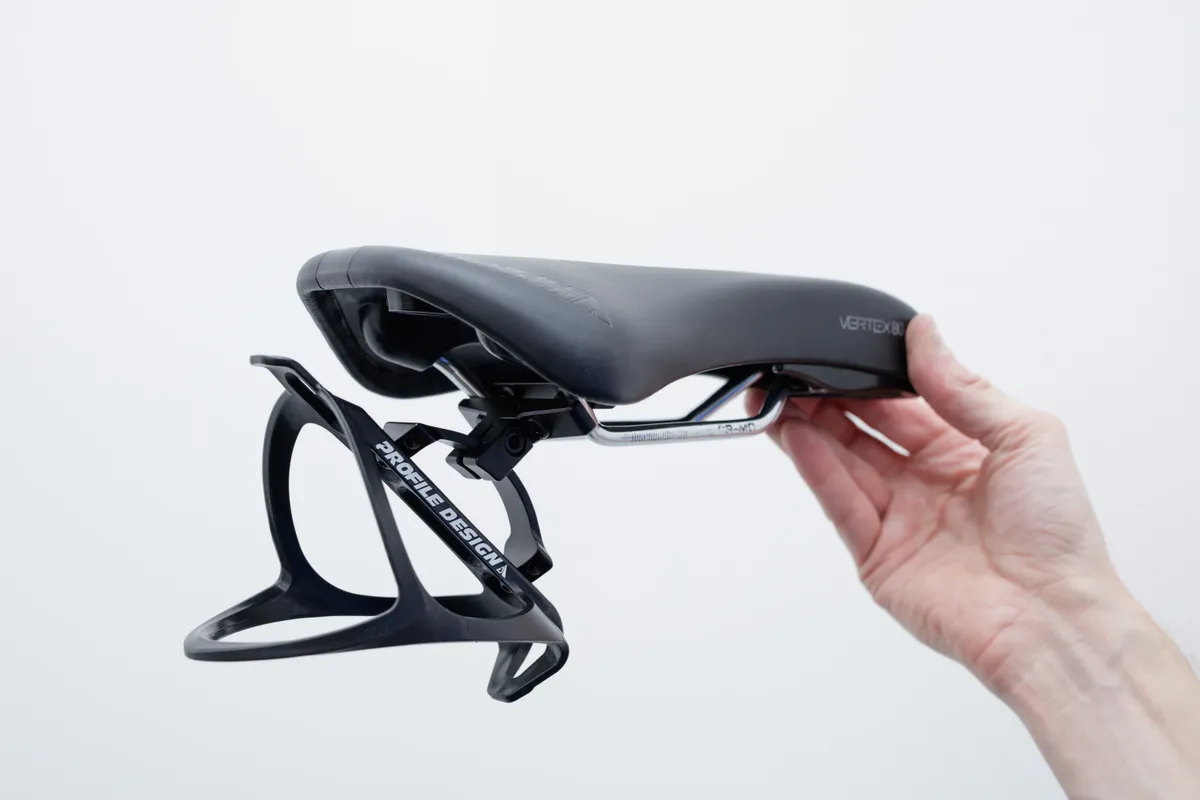
The RMP system allows a rider to carry up to two bottles mounted behind a standard saddle, for greater aerodynamic efficiency.
What Profile Design says is different about the RMP though is that it has a patent-pending arch clamp that provides up to 14 degrees of adjustment to ensure bottles are stored as vertically as possible (to prevent them launching out over bumps in the road).
Sonic/Ergo/43A aerobars
Built around its Sonic bracket and Ergo armrests, Profile Design says that the new 43A extensions offer a ‘wrist relief’ bend that is “intended to allow the extension to hug closely to the arm for improved aerodynamics”.
HSF/800+ BTA bottle
With an 800ml capacity, Profile Design’s update ‘between the arms’ bottle system features an aerodynamically shaped bottle, a Garmin mount integrated into the cage and a flexible drinking hose with a magnetic retention system.
The rear of the bottle can also be unscrewed for easy cleaning, and there’s a port on top of the bottle for refilling on the go.
1/Seventeen HSF stem cap
Simply designed to allow the HSF Aeria bottle to mount to Profile Design’s standard 1/Seventeen stem (it was previously only compatible with the Aeria Ultimate stem).
Though not UCI legal, the HSF Aeria bottle is perfectly fine to use in triathlon events or CTT time trials, and essentially acts as a fairing to make your bike more aerodynamically efficient, as well as being a convenient storage solution.
